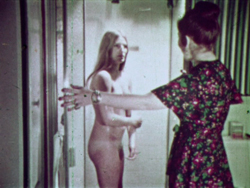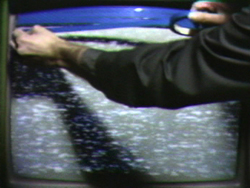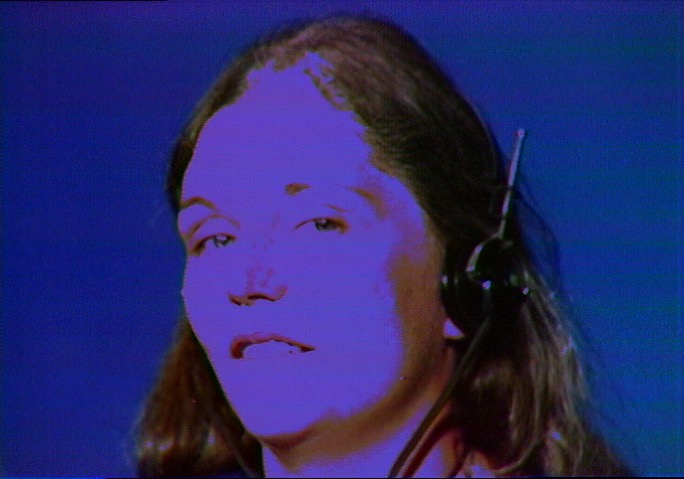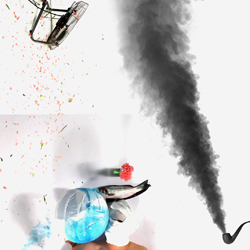Search Results
Search Results
Title Results
Your search returned 803 Titles
Writes Kelley: "BLIND COUNTRY is a collaboration between myself and filmmaker Ericka Beckman. It was inspired by the H.G. Wells short story The Country of the Blind, which was a favorite of mine as an adolescent. I was both fascinated and repulsed by this tale of a man having to give up his eyes...
Writes Norman Yonemoto, "In the novella Blinky The Friendly Hen (1978), artist Jeffrey Vallance documented the supermarket purchase of a frozen chicken and its burial in the Los Angeles S.P.C.A. Pet Memorial Park. Naming the fryer Blinky, Vallance transformed poultry into pet, paying tribute to...
Assuming the role of visionary CEO Guy White, Musson pitches a functionless “anti-social social networking” app—co-developed with Buzzfeed founder Jonah Peretti for Rhizome’s Seven on Seven. The app, a blank white screen intended for infinite scrolling without the friction of content, is offered as an “American-sized solution to an American-sized problem.” The interface appeases social media users’ desire to be “connected” by distilling it into one core feature: the sensory feedback of physically caressing a screen. The sole content of the Blockedt! app, a “white void,” sends up digital start-up culture's fixation on flashy, stop-gap solutions and sleek aesthetics—anodyne all-white interfaces that implicitly, perhaps inadvertently, convey whiteness as a default.
Blue Film No. 6: Love Is Where You Find It
Barbara Hammer
1998, 3:06 min, color, silent, 16 mm film on video
Blue Film No. 6: Love Is Where You Find It is a found porn flick: a threesome. Hammer excises the male part, retaining the two women and an amusing digest of voyeuristic platitudes.
With Blue Moon Over, Weiner extends his text-based works into a digital realm, positing aphorisms and epigrammatic phrases that investigate language, acquisition and desire. Employing a visual system that suggests flowcharts, horizon lines and diagrams, Blue Moon Over is structured as a series of seamlessly animated sequences of drawings and text fragments. Through subtle manipulations, Weiner engages in linguistic tricks and metamorphoses that visually manifest his conceptual inquiries.
In this conceptual performance, Davidovich "paints" on an electronic canvas in the three primary colors of the color wheel, by covering a TV screen with adhesive tape: first blue, then red, then yellow.
Boomerang, recorded in a television station in Amarillo, Texas, used a delayed audio feedback system with two tape recorders and headphones. The set-up is intended to focus on thought processes as they are apprehended and verbalized. Nancy Holt wears the headphones, allowing her to hear her...
Bridge Visitor's subject matter relates to what is known as a "legend-trip" in folkloric studies. In this case the legend-trip refers to the ritualized journeys taken by teenagers to "spooky" locales in search of darker knowledge. The tape plays with various adolescent infatuations with Satan....
"In this video the artist states that it is a public freehold work which demonstrates what could be art within his responsibility. Like Beached it was also shot in a marshy area near the sea and in sequences that are separated by dissolves. One sees five different actions that are related to...









